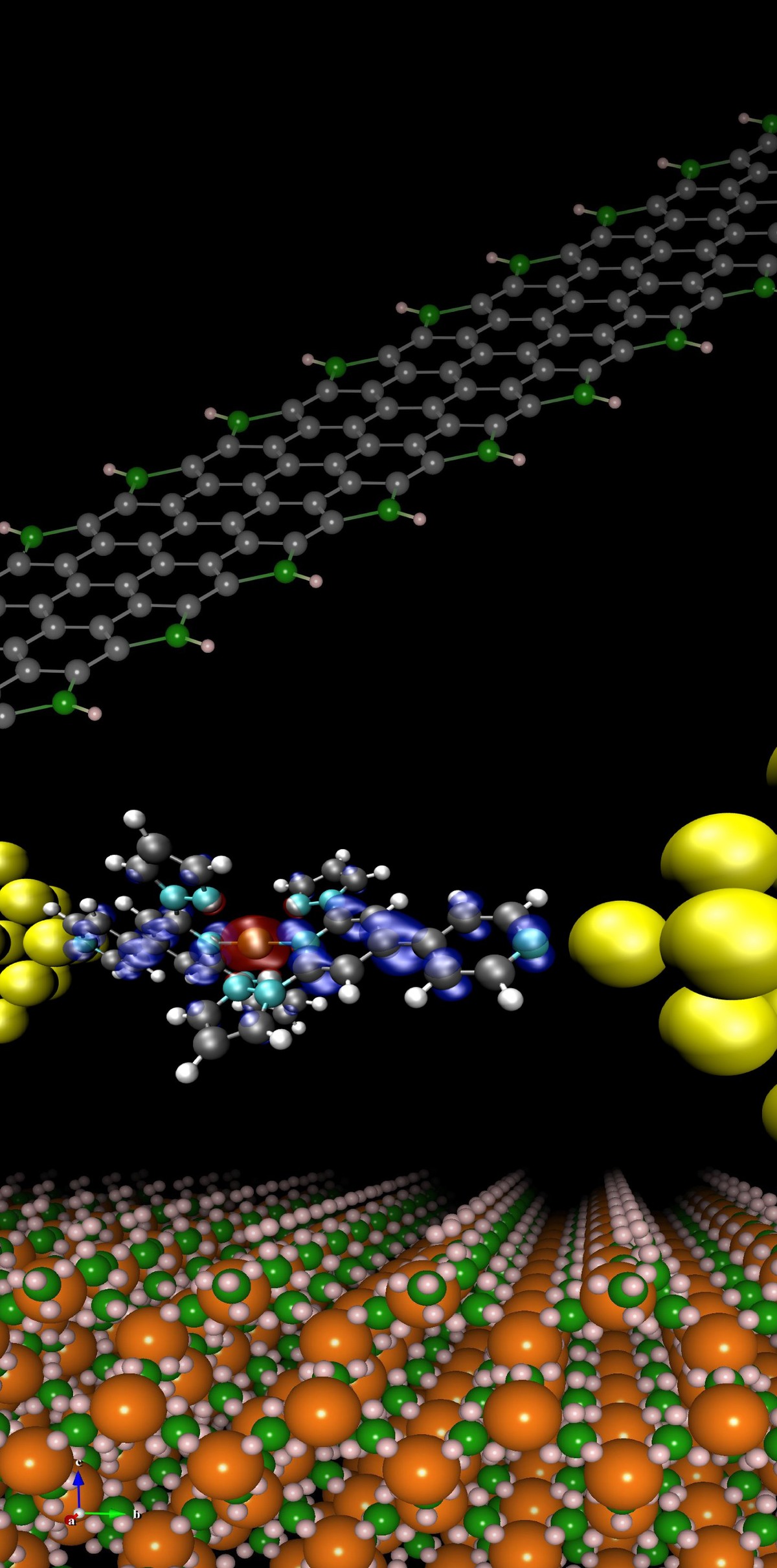Computational Condensed Matter Theory
- Typ: Vorlesung (V)
- Lehrstuhl: Fakultät für Physik
- Semester: WS 13/14
-
Zeit:
24.10.2013
09:45 - 11:15 wöchentlich
30.22 Kl. HS B Physik-Flachbau
31.10.2013
09:45 - 11:15 wöchentlich
30.22 Kl. HS B Physik-Flachbau
07.11.2013
09:45 - 11:15 wöchentlich
30.22 Kl. HS B Physik-Flachbau
14.11.2013
09:45 - 11:15 wöchentlich
30.22 Kl. HS B Physik-Flachbau
21.11.2013
09:45 - 11:15 wöchentlich
30.22 Kl. HS B Physik-Flachbau
28.11.2013
09:45 - 11:15 wöchentlich
30.22 Kl. HS B Physik-Flachbau
05.12.2013
09:45 - 11:15 wöchentlich
30.22 Kl. HS B Physik-Flachbau
12.12.2013
09:45 - 11:15 wöchentlich
30.22 Kl. HS B Physik-Flachbau
19.12.2013
09:45 - 11:15 wöchentlich
30.22 Kl. HS B Physik-Flachbau
09.01.2014
09:45 - 11:15 wöchentlich
30.22 Kl. HS B Physik-Flachbau
16.01.2014
09:45 - 11:15 wöchentlich
30.22 Kl. HS B Physik-Flachbau
23.01.2014
09:45 - 11:15 wöchentlich
30.22 Kl. HS B Physik-Flachbau
30.01.2014
09:45 - 11:15 wöchentlich
30.22 Kl. HS B Physik-Flachbau
06.02.2014
09:45 - 11:15 wöchentlich
30.22 Kl. HS B Physik-Flachbau
13.02.2014
09:45 - 11:15 wöchentlich
30.22 Kl. HS B Physik-Flachbau
-
Dozent:
Ferdinand Evers
Dr. Andreas Poenicke - SWS: 2
- LVNr.: 4024021
| Vortragssprache | unbekannt |
Important Note:
The excercises for Computational Condensed Matter Theory will already take place on the first monday of the semester, 21st of October 2013 at 9:45 am, in Room 10.1!
Requirements:
Lecture: basic quantum mechanics & solid state physics
Practice: basics programming knowledge
Literature: will be given in first lecture course
Contents
The advent of powerful algorithms -- like the transfer-matrix method, numerical renormalization group schemes, Krylov-subspace methods, ...-- together with the improving computer power has opened up a completely new route to test existing concepts and to obtain new insights into broad classes of physical systems. Nowadays, computational tools are well established in all branches of theoretical physics and make unique and indispensable contributions. Indeed, often they provide the only route for systematic studies and improved understanding.
This lecture offers an introduction into basic computational techniques and the conceptual ideas behind. The pedagogical approach of the lecture will be to start from a fundamental physics example and then develop a numerical approach starting from there. In exercises practical implementations (e.g. with MatLab) will be given. Concepts of the lecture will be illustrated in terms of simple, but scientifically already meaningful examples.
The following topics will be addressed:
1. The gas of non-interacting fermions: tight binding models and their electronic structures
1.1 Excursion: Topologically non-trivial materials and graphene
1.2 Disorder effects: General purpose numerics
1.3 Wavepacket dynamics in nanostructures: Krylov subspace technology
2. Elements of transport theory
2.1 Anderson localization in dirty quantum wires: Transfer matrix methods
3. Fermi liquid corrections
3.1 Briefing: Fermi-Liquid-Theory
3.2 Hartree-Fock method
3.3 Working horse for electronic structure calculations: Density functional theory
4. Strongly correlated electron systems
4.1 Briefing: Kondo effect
4.2 The numerical renormalization group
4.3 Briefing: Luttinger liquid
4.4 The density renormalization group method
5. Monte-Carlo Simulations
5.1 Phase-transitions in systems of classical spins
Lecture notes are now available via the "Vorlesungsarbeitsbereich (VAB)" of the Studierendenportal

